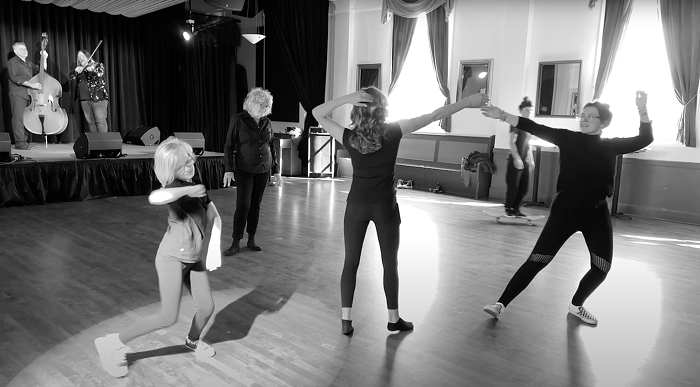IN WRITING ABOUT the latest Neko Case album, Fox Confessor Brings the Flood, it's nearly impossible to resist the urge to simply type out the entire lyrics sheet in favor of attempting to distill any of the music's quality or mood. There are songs on this album that have given me the shivers. Partially because there is a subtly unsettling quality sneaking around inside the songs, but also because they manage to grab one so tenaciously, pulling you into the world of their eerie, surreal narratives and refusing to let go until it's over.
Other reviews have been quick to mention David Lynch in reference to Case's songwriting, and it seems a fair comparison. The stories in her songs are ambiguous and deftly executed, more suggestive of a plot than otherwise, which is perhaps what makes them so chilling.
In "Margaret vs. Pauline," the first track off the album, two women whose lives serve as cosmic foils for one another are continually and heartbreakingly juxtaposed, the emphasis being Pauline's advantage and the fact that fate has favored her from birth. The song—drawing on parallels, divergences, and the cruel side of life—concludes on a note of commonplace tragedy. "Two girls ride the blue line/two girls walk down the same street/one left her sweater sittin' on the train/the other lost three fingers at the cannery."
In other places, the album is even darker, as in "Dirty Knife," in which we witness a terrifying mental collapse that builds with the song's sleek orchestration and the urgency of Case's voice. "He sang nursery rhymes to paralyze/the wolves that eddy out the corners of his eyes," she sings, and the imagery gets all the more haunting from there.
Unquestionably rooted in older storytelling traditions, one can imagine entire dissertations being written about any one of Case's country-tinged tales of life and death. Like the murder ballads of old America, they resonate deep and timelessly, but with a modernist's eye that, if anything, seems to see all the more clearly while standing in the past.


















